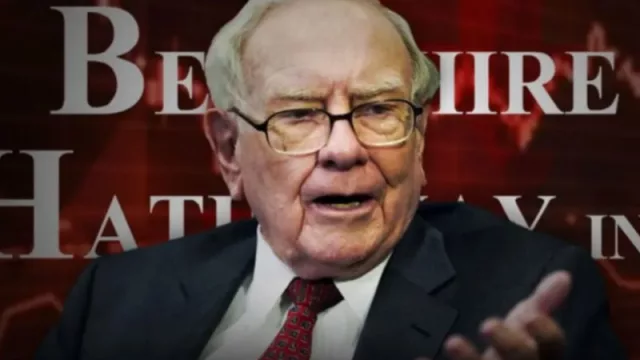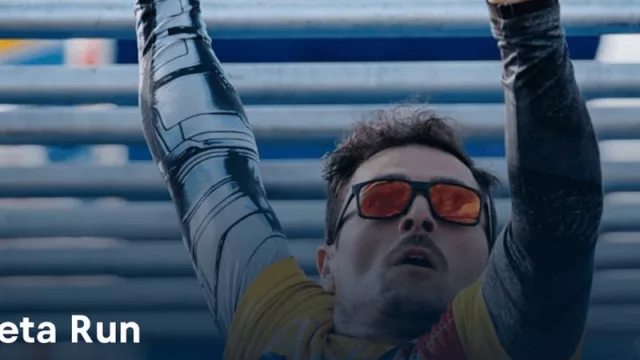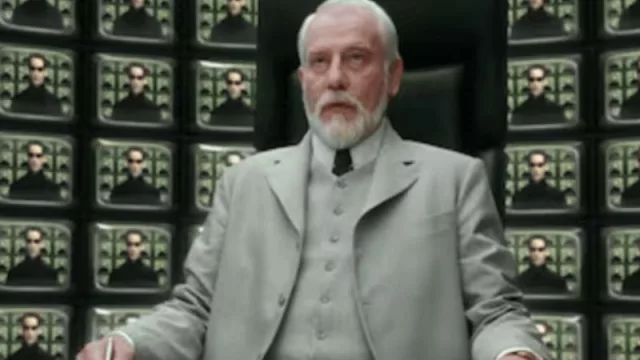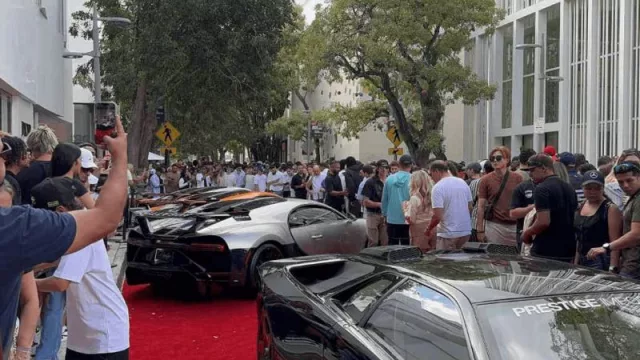Micro Note IN Miami: Strategic Keys & Tips
Executive Summary for Leaders on the Move:
-
Warren Buffett, age 94, is stepping down as CEO but will remain as chairman of Berkshire Hathaway’s board.
-
Greg Abel, 62, vice chairman with a rock-solid track record, will take over as CEO in 2026.
-
Buffett’s net worth hovers around $161.3 billion, with Berkshire sitting on a record $348 billion in cash.
-
The announcement triggered a 4% drop in both Class A and B shares—a $29 billion hit to market cap.
-
Buffett has pledged to stay on as mentor and steward of Berkshire’s culture while Abel handles day-to-day operations.
-
Key takeaway: Planned succession, organizational culture, and masterful capital management are vital for navigating generational change.
Beyond the Oracle: Culture and Vision as the Real Value Drivers
Berkshire’s transition shows that a company’s greatest assets aren’t just its numbers, but its culture, reputation, and ability to adapt. Buffett, Abel, and the board offer a roadmap for smooth succession without sacrificing legacy or innovation. For Miami—and for any global leader—the message is clear: The future is designed today, blending experience, mentorship, and strategic vision.
Boardroom & C-Suite Tips:
-
Legacy matters: Building a strong culture is more valuable than any single quarter’s results.
-
Succession isn’t replacement: Mentoring and vision transfer are key to true continuity.
-
Smart cash management: In turbulent markets, liquidity is power.
-
Resilience to shocks: Reputation and trust are as important as tangible assets.
-
Proactive transparency: Communicate changes clearly and honestly to investors and stakeholders.
Expanded Note IN Miami: X-Raying a Historic Transition
The Oracle of Omaha: More Than a CEO, a Culture Architect
Warren Buffett turned a struggling textile firm into a multi-industry giant, with iconic holdings like Dairy Queen, See’s Candies, and BNSF Railway. Under his reign, Berkshire Hathaway consistently outperformed the S&P 500, posting average annual returns of 19.9% versus the index’s 10.4%.
“Berkshire Hathaway Value vs. S&P 500 (1965-2024)”
Key Insight: Buffett has always championed operational decentralization, giving subsidiary CEOs the freedom to run their businesses while maintaining tight control over capital allocation.
Greg Abel: The New Empire Builder
Who is Greg Abel, and why him?
Abel, originally from Canada, has run Berkshire’s non-insurance businesses since 2018. Colleagues describe him as relentless, pragmatic, and results-driven. His style: hands-off, but with sharp strategic oversight. Pat Egan, CEO of See’s Candies, praises his ability to “demand accountability while fostering autonomy.”
“Greg Abel’s Track Record and Impact on Berkshire Hathaway Energy”
Changing of the Guard: Wall Street Impact & Public Perception
The succession announcement shook Wall Street: Class A shares slid from $809,000 to $777,000 in a day; Class B shares from $540 to $518. That’s a $29 billion market cap drop. But analysts like Meyer Shields (KBW) emphasize the blow is more emotional than operational: “Buffett’s retirement hits perception more than Berkshire’s actual efficiency.”
Transparent communication and Buffett’s continued presence as chairman help steady the market, ensuring confidence and continuity.
The Liquidity Play: Cash as a Shield in Uncertain Times
Buffett’s $348 billion cash hoard sets him apart—especially during the Trump-era tariff shocks and recent global volatility. “We’d rather wait for the right opportunities than react impulsively,” he says. This war chest gives Berkshire the firepower for strategic acquisitions or buybacks when “bargains” emerge.
Miami CEO Tip: Liquidity itself is a strategy—it lets you move fast while others freeze.
Culture & Succession: What Can Latin Management Learn?
-
Active mentorship: Buffett will remain as chairman, mentor, and custodian of values. Howard Buffett, his son, is slated to eventually chair the board to safeguard the culture.
-
Autonomy with accountability: Abel will maintain subsidiary independence, but with clear targets and rigorous financial review.
-
Modern governance: The transition is gradual, transparent, and rooted in merit—not family ties or politics.
Challenges & Opportunities: What’s Next for Berkshire Hathaway?
-
Breakup risk? Some analysts worry Berkshire could face pressure to split up without Buffett. Abel and the board are betting on the conglomerate model, backed by deep liquidity and operational strength.
-
New investments: With Buffett as the “radar” and Abel as “operational architect,” Berkshire could double down on emerging sectors—think tech and renewables.
Miami & Global Management: Takeaways for Leaders
In a city as dynamic as Miami—where innovation, diversity, and global capital converge—Berkshire’s succession is a masterclass in management and resilience. Local leaders can model the blend of long-term vision, strong culture, and adaptability in times of change.
Follow us on IG: @infonegociosmiami
Frequently Asked Questions (FAQs)
Will Warren Buffett stop influencing decisions?
No. He’ll remain chairman and mentor to Greg Abel and the executive team.
What does the stock drop mean for investors?
Mainly, it reflects anxiety about change and the weight of Buffett’s persona, not fundamental issues with Berkshire.
Will Greg Abel change Berkshire’s strategy?
He’ll keep the subsidiaries’ independence and financial discipline but may bring his own operational style.
Could Berkshire Hathaway break up?
For now, Abel and the board are committed to the conglomerate model, leveraging their cash fortress.
What advice does Buffett leave for new leaders?
Integrity, long-term vision, and a strong organizational culture are the pillars of sustainable success.
In Miami, we don’t just watch Wall Street—we learn from it and lead with vision.
Subscribe for free to receive all strategic information and be part of the largest business and culture community across the Anglophone-Latino world!:
Contact Infonegocios MIAMI:
Read Smart, Be Smarter!












Tu opinión enriquece este artículo: